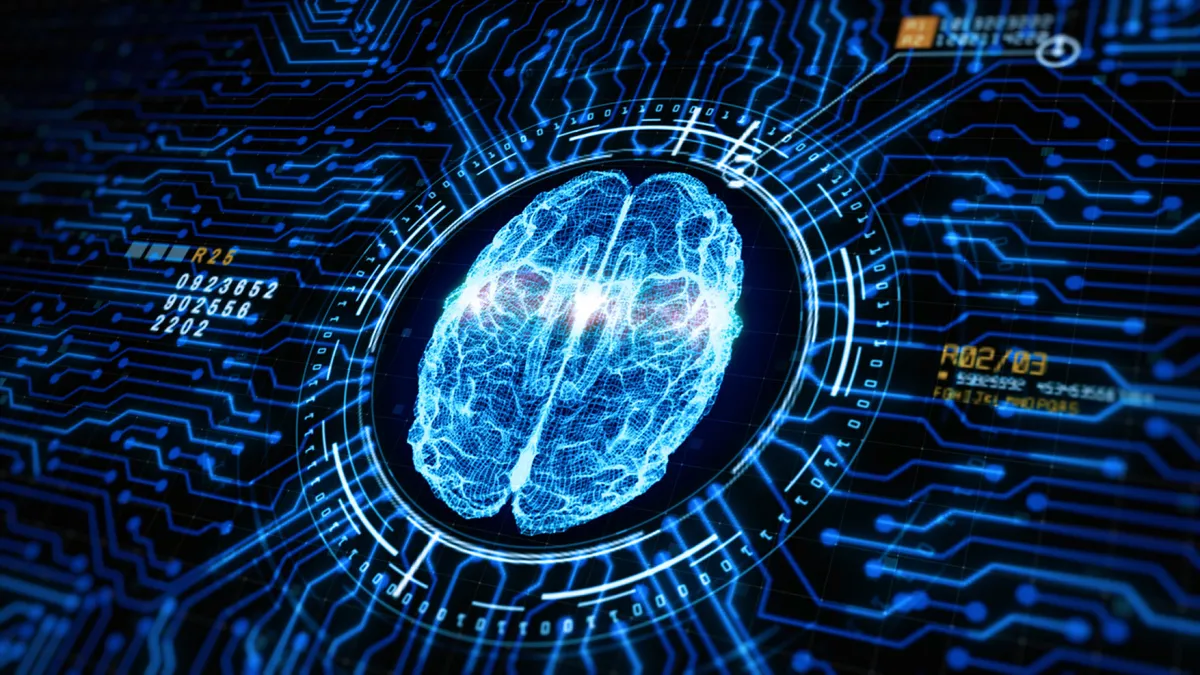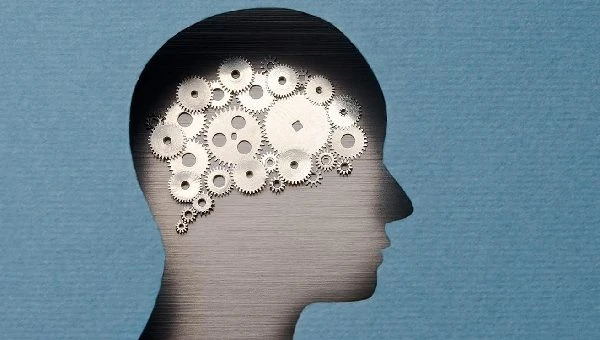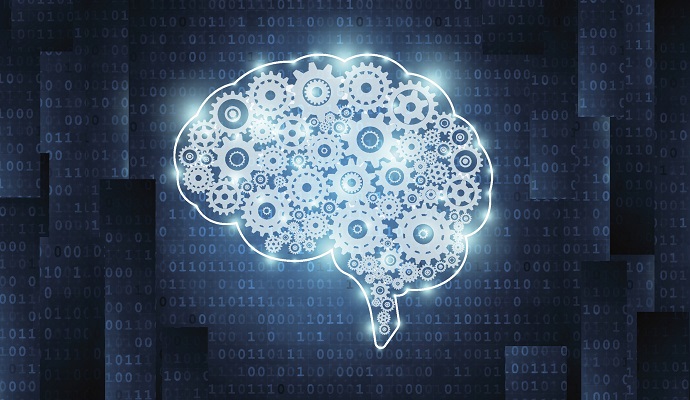
According to a recent (AI) study, loneliness and ...
news-extra-space

 Although it is essentially an on/off switch, it won't be that straightforward. In fact, the complexity of the undertaking is still a mystery to academics.
They believe that artificial intelligence has the potential to be a viable therapy option in the future because of this. They also seek to lessen the negative effects of excessive brain stimulation.
The researchers' ability to shrink the device's size and optimize power consumption is made possible by a technology known as CMOS. As a result, it aids in lowering hazards related to long-term use and surgical placement of the neural implant.
To build the best prototype, the team has experimented with a variety of approaches and methods, including high-precision electrical stimulation with charge balancing.
This allows scientists to trigger neural implants using certain biomarkers. They can continue to use the stimulation because a lot of the guesswork is removed.
Although it is essentially an on/off switch, it won't be that straightforward. In fact, the complexity of the undertaking is still a mystery to academics.
They believe that artificial intelligence has the potential to be a viable therapy option in the future because of this. They also seek to lessen the negative effects of excessive brain stimulation.
The researchers' ability to shrink the device's size and optimize power consumption is made possible by a technology known as CMOS. As a result, it aids in lowering hazards related to long-term use and surgical placement of the neural implant.
To build the best prototype, the team has experimented with a variety of approaches and methods, including high-precision electrical stimulation with charge balancing.
This allows scientists to trigger neural implants using certain biomarkers. They can continue to use the stimulation because a lot of the guesswork is removed.
 The expense of computing is one difficulty with this. It would be challenging to implement this kind of technology using deep learning models, therefore the researchers developed techniques for training the models according to the health of each patient in an effort to cut down on processing costs.
The scientists are confident that their little brain implants will facilitate patient care, particularly for those who don't respond well to medication. The neural implants will maintain the patients' brain functions at their peak levels.
Although it may not yet be a "cure" for brain illnesses, it will help patients live better lives.
Additionally, it will lessen the possibility of drug adverse effects. The human situation can also be improved by using neural implants.
The expense of computing is one difficulty with this. It would be challenging to implement this kind of technology using deep learning models, therefore the researchers developed techniques for training the models according to the health of each patient in an effort to cut down on processing costs.
The scientists are confident that their little brain implants will facilitate patient care, particularly for those who don't respond well to medication. The neural implants will maintain the patients' brain functions at their peak levels.
Although it may not yet be a "cure" for brain illnesses, it will help patients live better lives.
Additionally, it will lessen the possibility of drug adverse effects. The human situation can also be improved by using neural implants.
Leave a Reply






